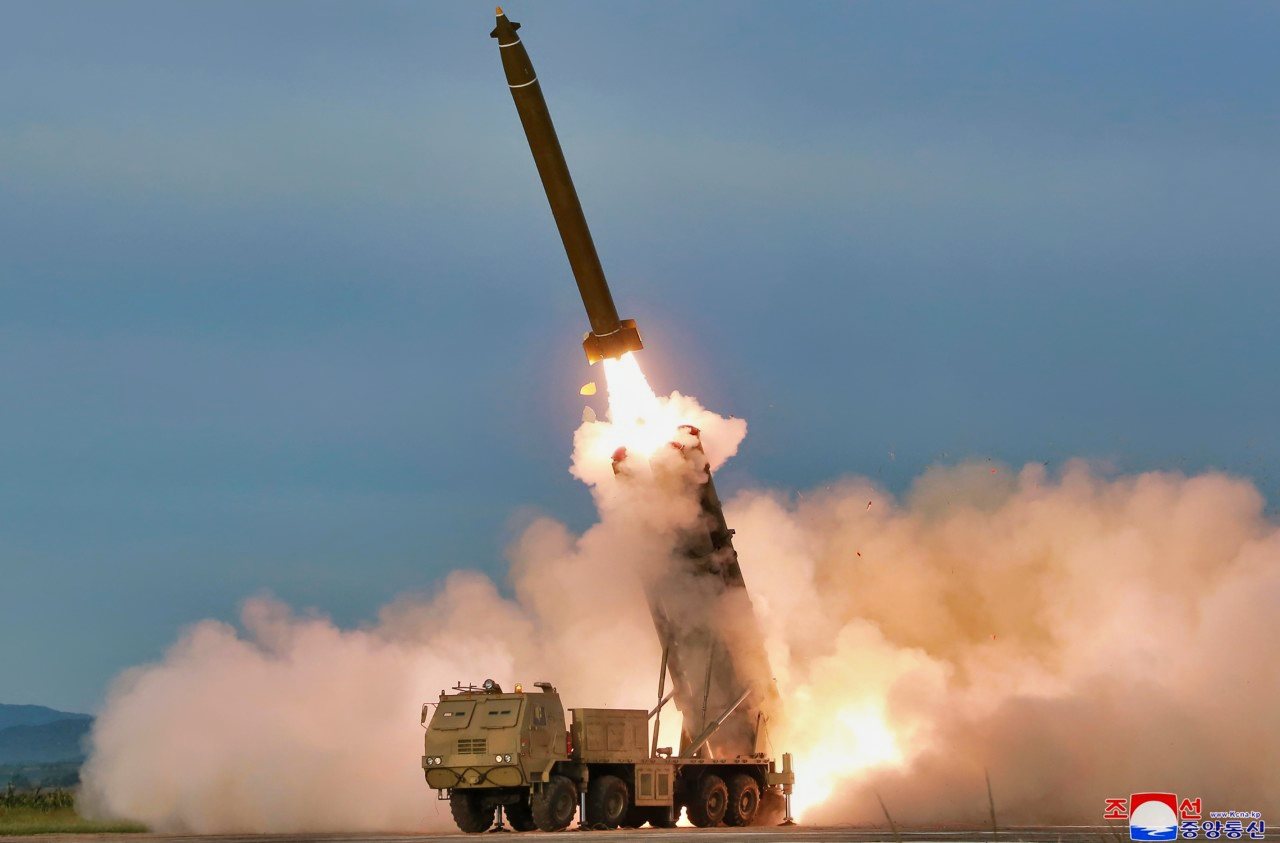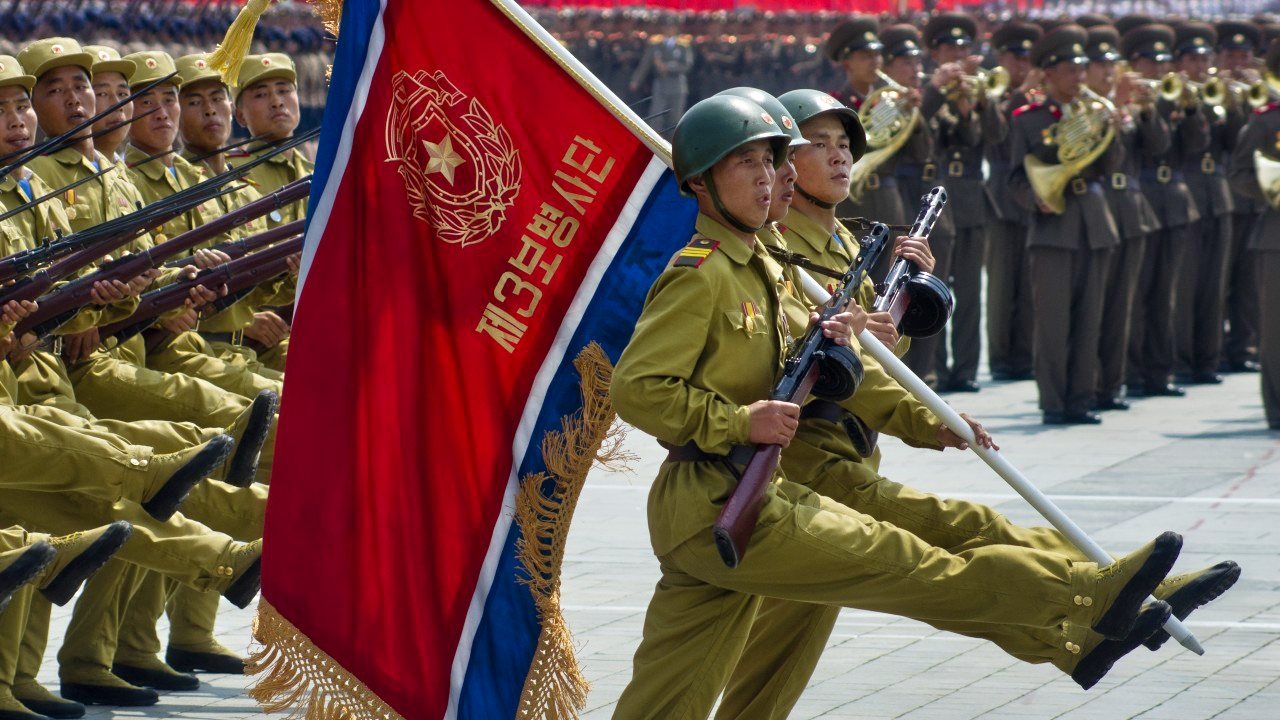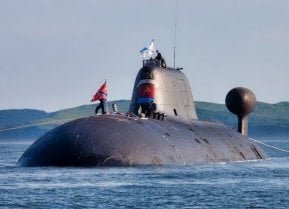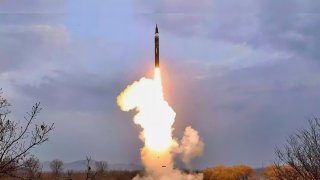Short-Term Gain for Long-Term Pain: Why a North Korea Deal Could Come At a High Price
North Korea may be prepared to reduce his provocations and provide a more peaceful atmosphere on the peninsula in exchange for what would be longer-term gains for Pyongyang. But is short-term peace worth making it possible for North Korea to establish a dominant position on the Korean peninsula in the coming years?
North Korea’s increased threats and provocations are leading many U.S. experts to hope that some form of diplomacy will be able to prevent North Korean attacks and especially the North’s threatened use of its nuclear weapons. However, negotiators should be careful that North Korea doesn’t gain long-term advantages in exchange for promises of better behavior in the near term.
North Korean leader Kim Jong-un has been very clear that he will never negotiate North Korean denuclearization. Kim may be prepared to agree to reduce his threats and provocations, but I believe that in exchange he will be seeking the means to eventually achieve peninsula dominance.

What would Kim be seeking? Just before his father passed away in 2011, the senior Kim wrote final instructions to his son about leading North Korea. Among his instructions, the most important was: “We must unify Korea. The unification of the peninsula is the ultimate goal of our family.”
Some may question the importance of this objective given Kim’s recent renunciation of unification. But note that Kim only renounced unification resulting from ROK efforts to cause the Kim regime to collapse so the ROK could absorb the North and make the North part of a liberal democracy. In contrast, Kim announced that the North had a contingency for “completely occupying, subjugating and reclaiming the ROK and annex[ing] it as part of the [North Korean] territory.” Kim said he would do so “by mobilizing all physical means and forces, including nuclear forces.”
Still, Kim likely fears that sending his ground forces into the ROK could cause enough “ideological contamination” of his personnel that it could thoroughly undermine his regime. So this option would likely be reserved for cases where Kim fears military overthrow, something his military cannot do if thoroughly embroiled in war with the ROK.
Alternatively, Kim has threatened to “annihilate South Korea if Seoul attempts to use force against North Korea, calling South Korea his country’s ‘principal enemy.’” Annihilation would be difficult to accomplish without substantial use of nuclear weapons. Kim clearly means this to be a deterrent threat, consistent with one of his father’s directives: “The continuous development and procurement of nuclear weapons, long-range ballistic missiles, and chemical biological weapons is the only way to preserve peace on the Korean peninsula.”
What might Kim have to gain from negotiating with the U.S.? Kim wants to dominate the peninsula and subjugate the ROK to demonstrate his power to internal audiences and to remove the ROK as a serious threat to his regime. But it is almost impossible to achieve these objectives as long as the U.S.-ROK alliance continues.
While there is little likelihood that Kim would gain any useful concessions from a re-elected Biden, he might hold out hope that a second Trump administration would consider weakening the U.S.-ROK alliance because Trump has questioned the utility of the alliance and has threatened U.S. troop withdrawal, something Kim would very much like.
Kim may also be prepared to offer fewer provocations if Trump agrees to significantly curtail U.S./ROK exercises as he did at the 2018 Singapore Summit—Kim understands that such exercises are the lifeblood of the alliance. And Kim may hope that Trump would be willing to reduce sanctions against North Korea, thereby giving Kim the resources to accomplish his dream of exponentially increasing his nuclear weapons. But Kim is unlikely to negotiate with Trump if he risks humiliation like Kim suffered after the 2019 Hanoi summit with the then-president.

Last year, the U.S. Intelligence Community reported that Kim primarily plans to use his nuclear weapons for coercive purposes. He will presumably be using nuclear weapons and other means to weaken or decouple the U.S.-ROK alliance. If he can figure out how to do so, the North’s nuclear coercion capabilities could then give the North the ability to dominate the peninsula without occupying the ROK—a form of “unification.”
Kim may be prepared to reduce his provocations and provide a more peaceful atmosphere on the peninsula in exchange for what would be longer-term gains for the North. But is short-term peace worth making it possible for North Korea to establish a dominant position on the Korean peninsula in the coming years?
About the Author: Dr. Bruce W. Bennett
Bruce W. Bennett is a senior international/defense researcher at RAND, a nonprofit, nonpartisan research institution. He works primarily on research topics such as strategy, force planning, and counterproliferation within the RAND International Security and Defense Policy Center.
Images: KCNA/North Korean State Media.


